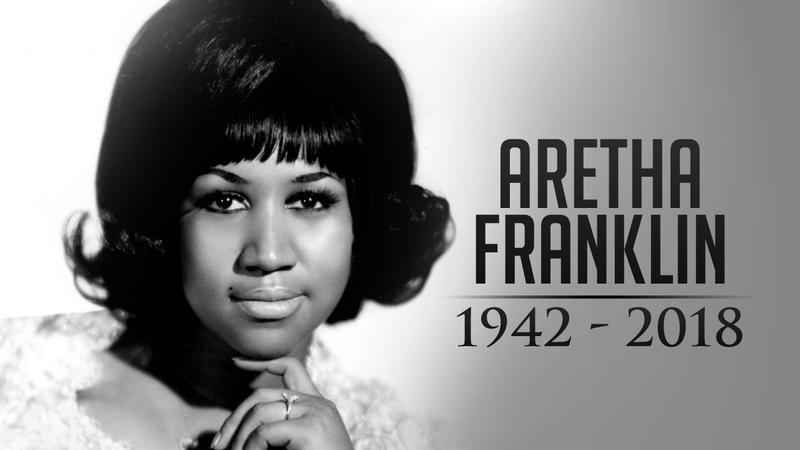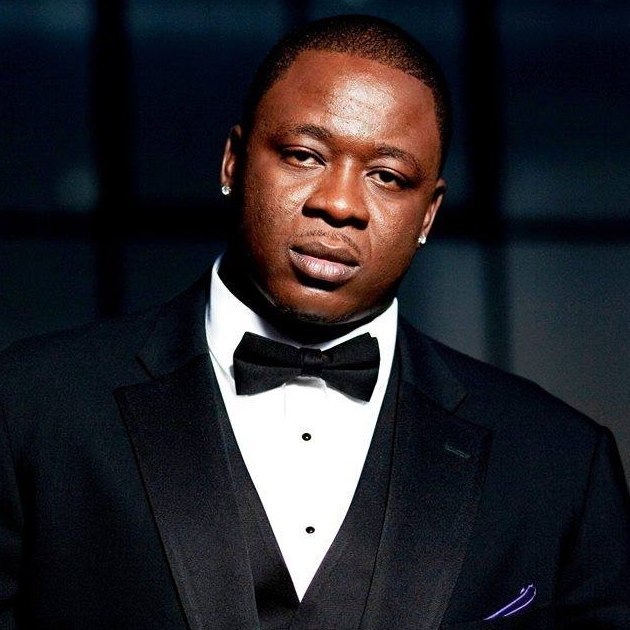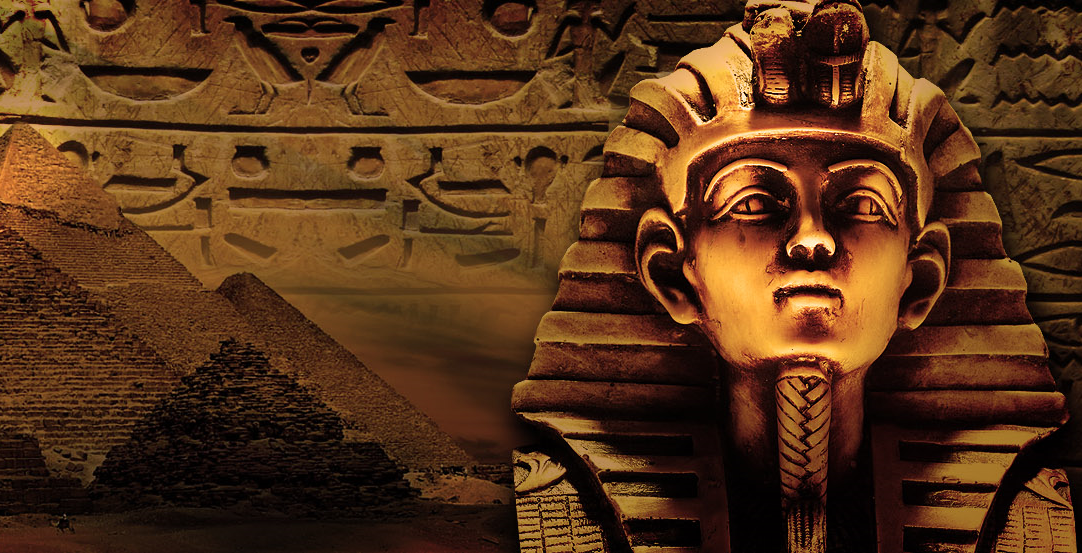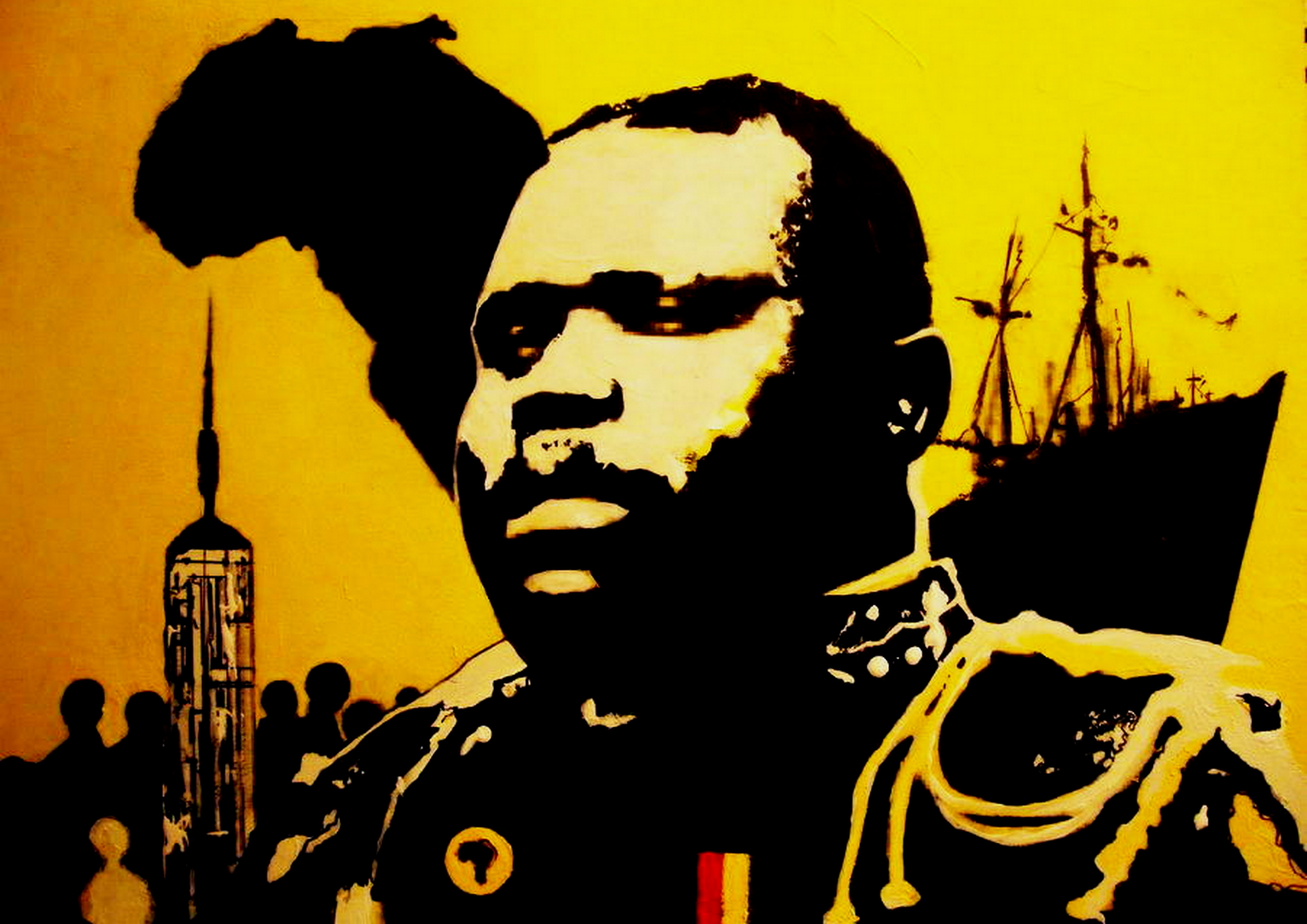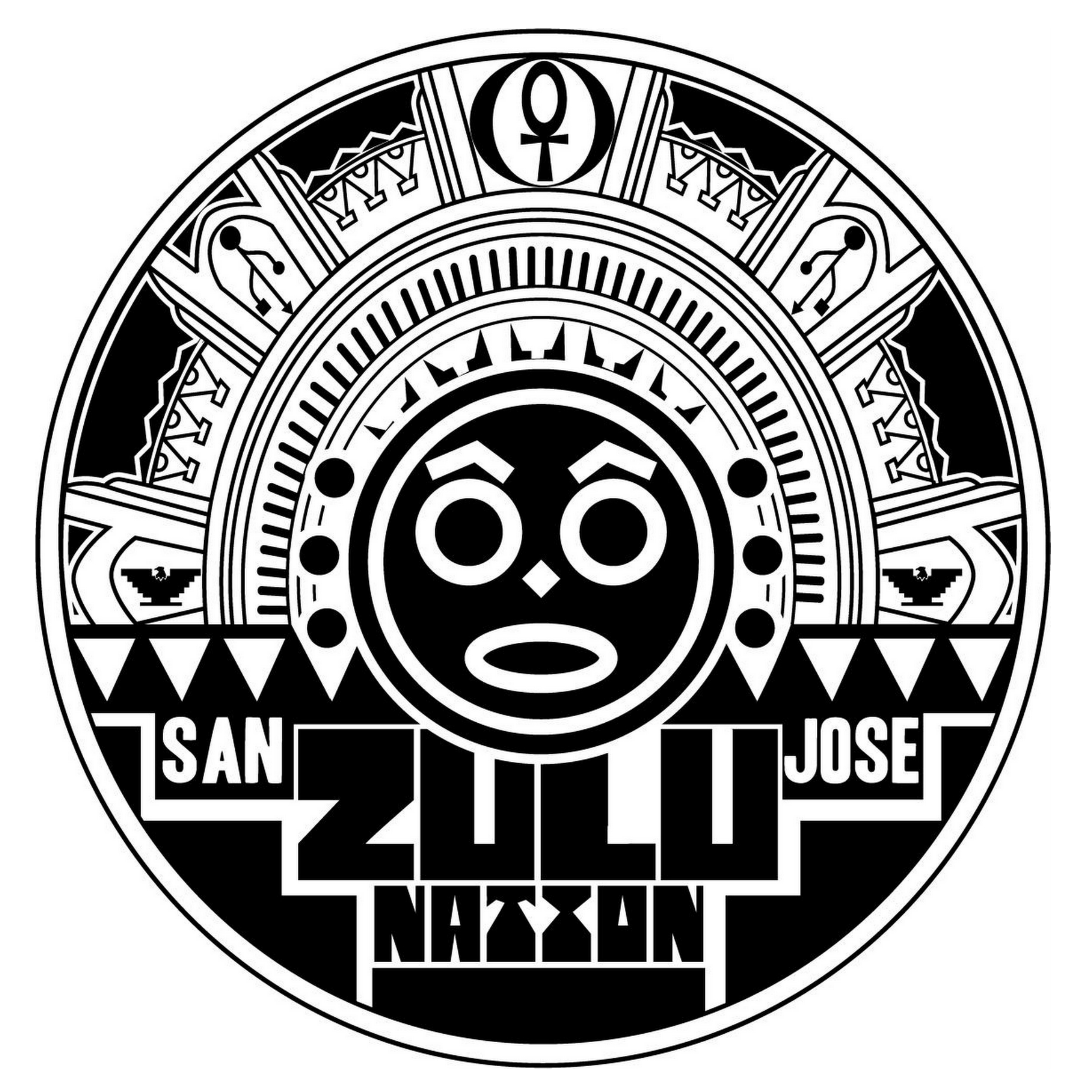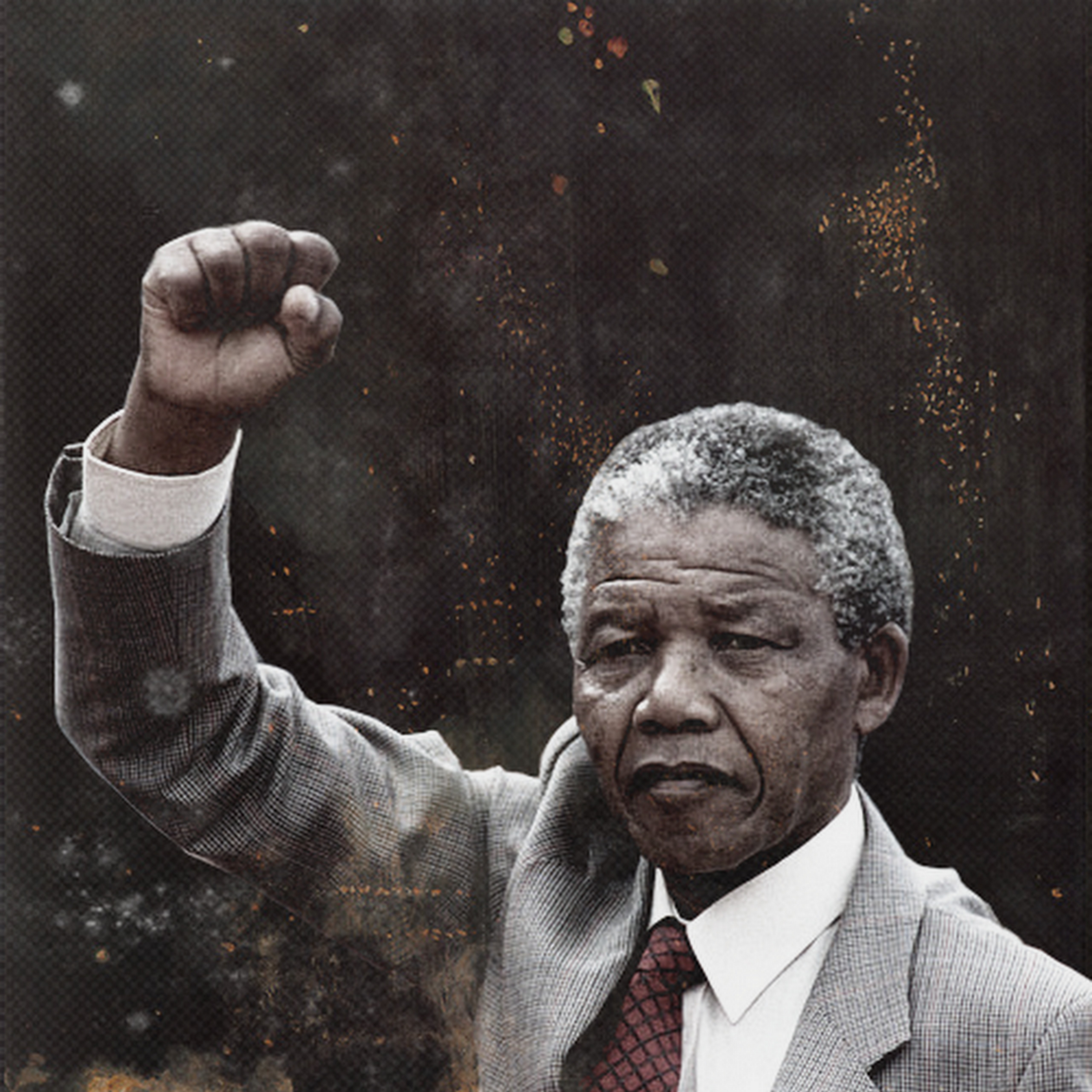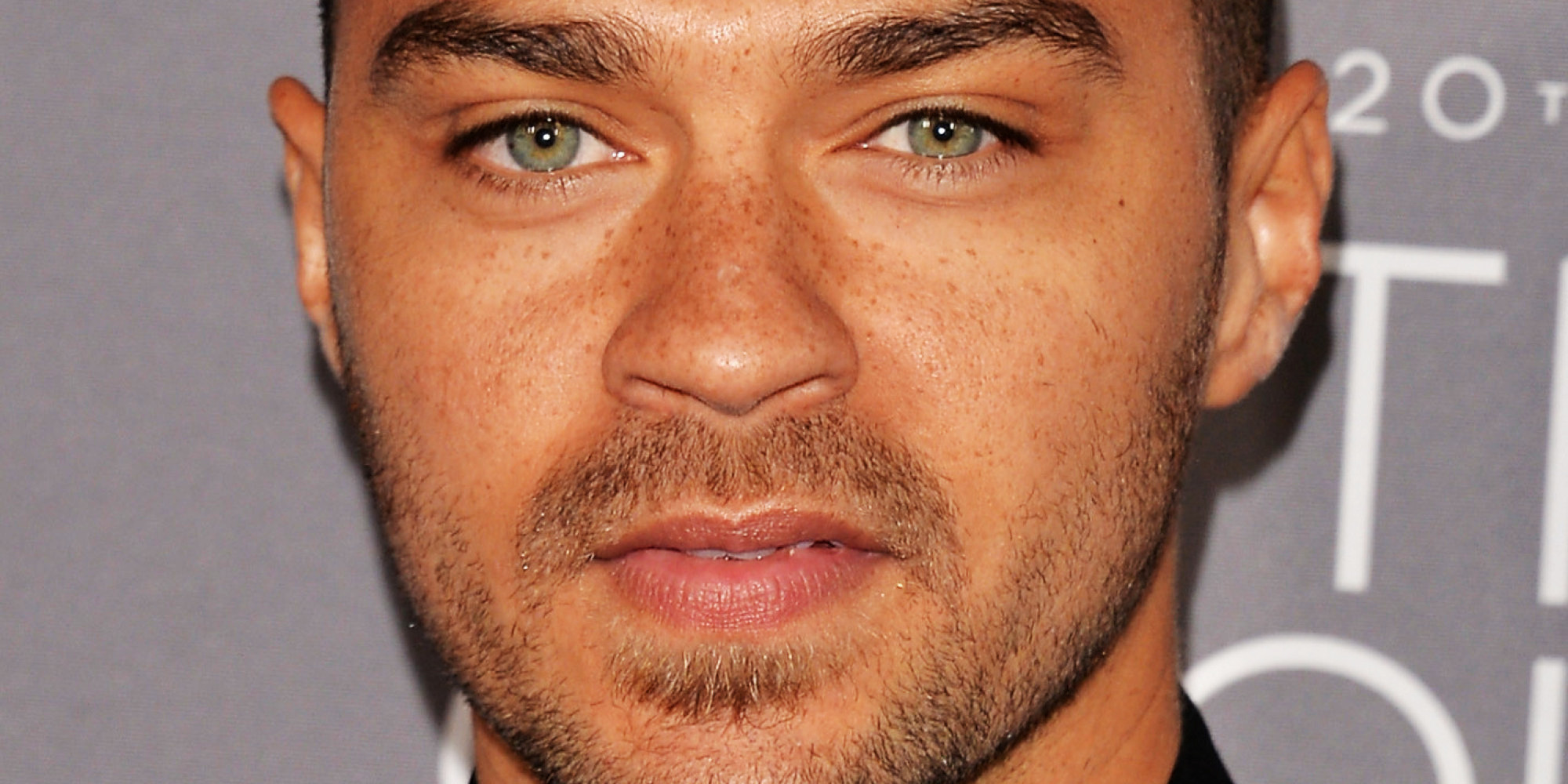Many feminists have tried to claim Aretha Franklin as a woman’s rights activist. She was not. The “Goddess of Soul” was a civil rights activist. Still, the first names that jump at us are Dr. Martin Luther King and Senator John Lewis. Without those names, we would not be surprised to hear Rev. Jessie Jackson or Al Sharpton. Call me wrong. Many people only reflect on Rosa Parks or Afeni Shakur after the fact. My point is that we tend to downplay our female activists most of the time.
Women like Dorothy Height, Miriam Makeba, Nina Simon, or Grace Lee Boggs easily fall to the back of the heap. That is when someone asks us to name the most significant contributors to the civil rights movement. My inclination is that this gender bias is often the mentality. People expect female activists to protest on two fronts. On the one hand, society bares them to such things as racial discrimination or prejudice. Conversely, women’s rights may be singled out on their quest.
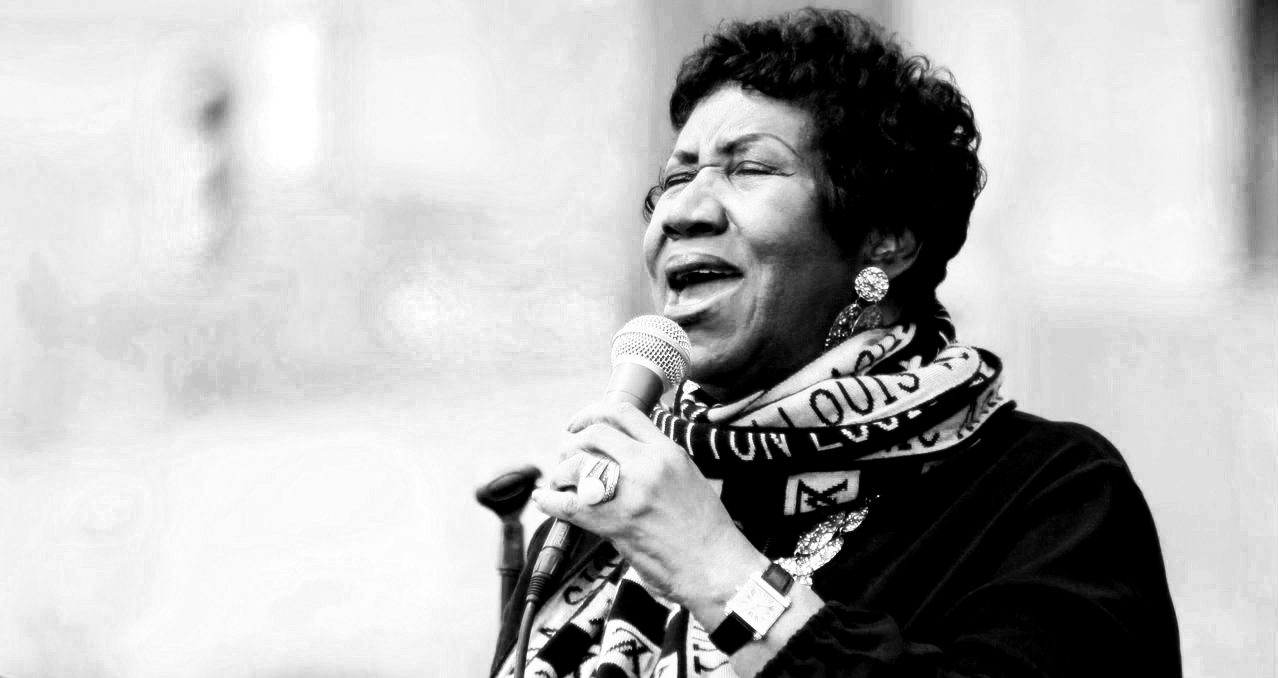
Aretha Franklin spoke to the general outrage of her people as a whole. She also talked about sexism in society’s disparity of gender. From any perspective, I found two fixed notions. | 1 Though people think of male activists when asked, she made a significant contribution. And | 2 the African people and women are the primary victims of civil injustices.
I’ve always joked that I did not know I was black until after I moved to America. Of course, I know I am a black person. What I meant by that joke is that I had not considered it. The social and economic marginalization that comes with the color of my skin blindsided me. For example, I relied on my driver’s license in America to get to college and find a job. Racial profiling led the police to follow me randomly and for no reason.
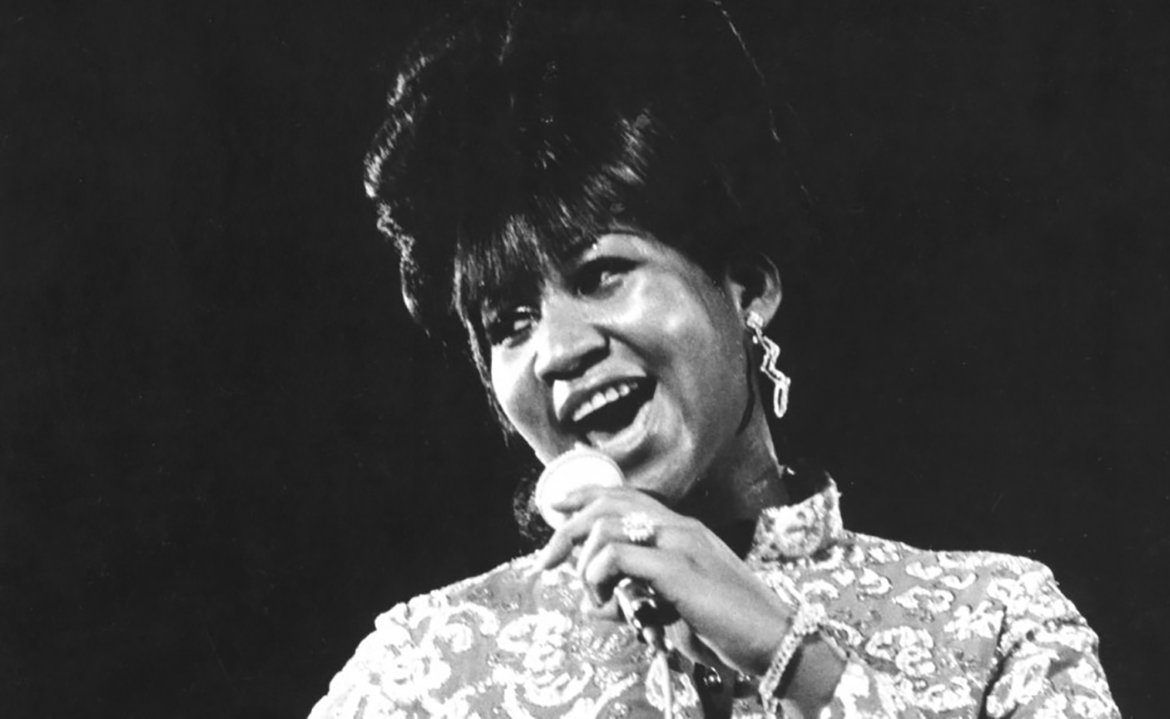
When I turned left, the cop turned left. Set right, and the officer turned right. They often tailgated me to make me feel their presence. I would finally panic and stray out of my lane. That is when the cop pulled me over immediately. Two terrifying officers armed with guns would then approach me. They’d walk up to my car and lie boldly about why they’d pulled me over. And the public knows that they never hesitate to kill civilians.
After I’d sweated it out in the car for about thirty minutes, they would give me an expensive ticket. In court, the judge tag-teamed with a hefty fine later. Think of a full-body slam. The system targeted the main thing I needed to get to college and work. If not that, then it was the often ethnic slurs and the difficulty of finding a charming apartment or a decent job. I quickly understood that I was a black person. And as such, my options were relatively minimal.
Aretha Franklin’s influence on my life and my community echoes beyond music. When you are a black person in America who remains in the situation I’ve described, a song like “R.E.S.P.E.C.T.” will make your heart dance. The zest of her energy will cause one’s soul to churn as they listen to her clear expression of their life experience. That could have been the leading factor why many heads of state requested the “Queen of Soul” to sing at their inauguration.
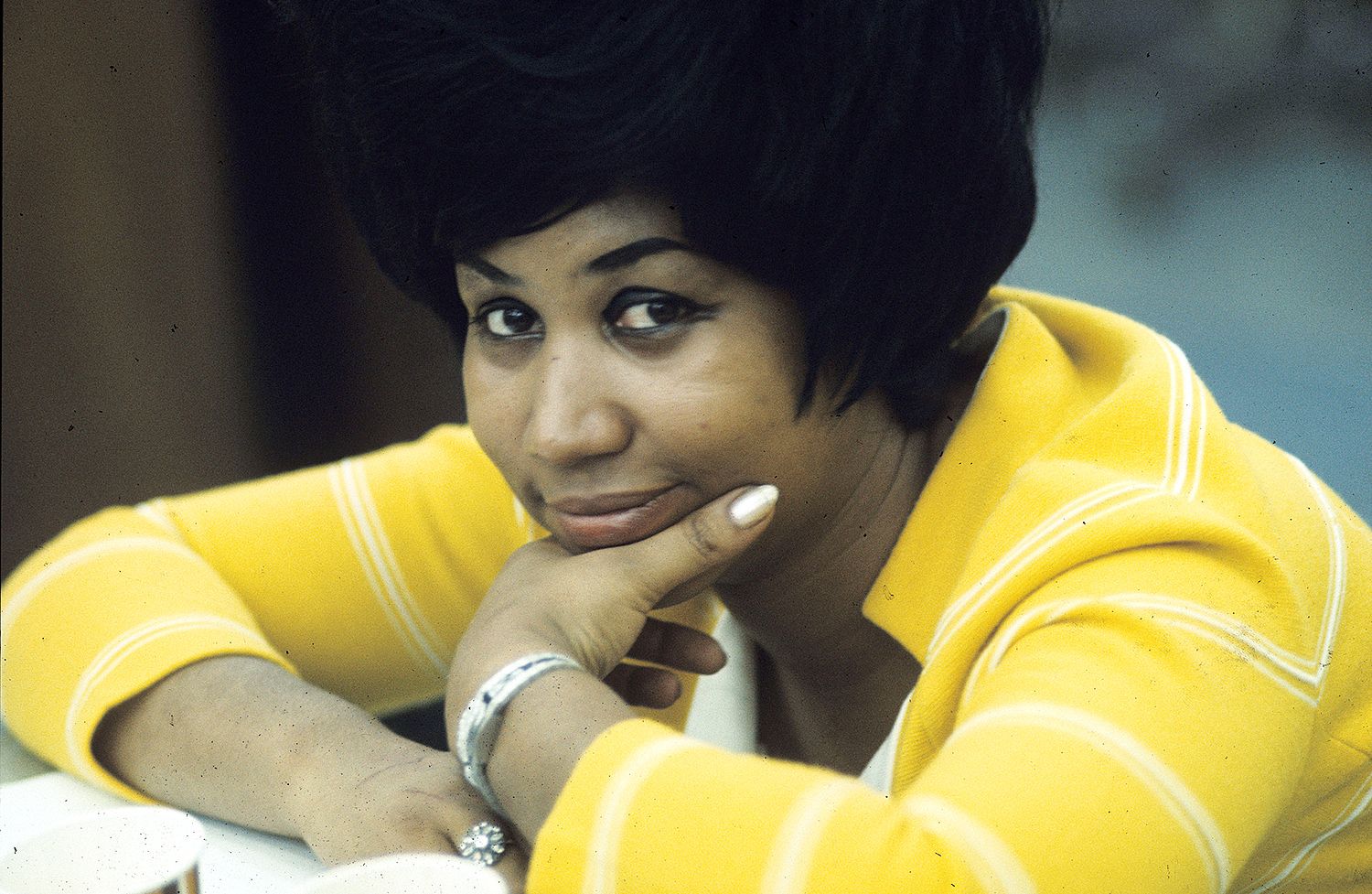
I’ve always said one does not have to be a feminist to advocate for women’s issues. That’s because women’s and men’s problems are fundamental human rights issues. That is even if the two are mutually exclusive. If Dr. Martin Luther King Jr. gave a fiery speech that brought some justice for black people, Aretha Franklin sang the theme that stirred the soul.
When you study the defining nature of this goddess’s legacy, you will find it one of the most spotless. The “Queen of Soul” will be remembered for bringing people together and for spreading the message of love. She released 42 bone-chilling albums, and every record was about love. The piano genius also played a dominant role in the civil rights movement. Aretha Franklin did not go around waving a feminist banner.
She represented everyone. The late goddess sang about love, respect, and unity with anthems like “Say a Little Prayer for You,” “Respect,” “Until You Come Back to Me (That’s What I’m Gonna Do),” or “A Natural Woman.” One of her most popular albums is “Never Loved a Man As I Love You.”*
